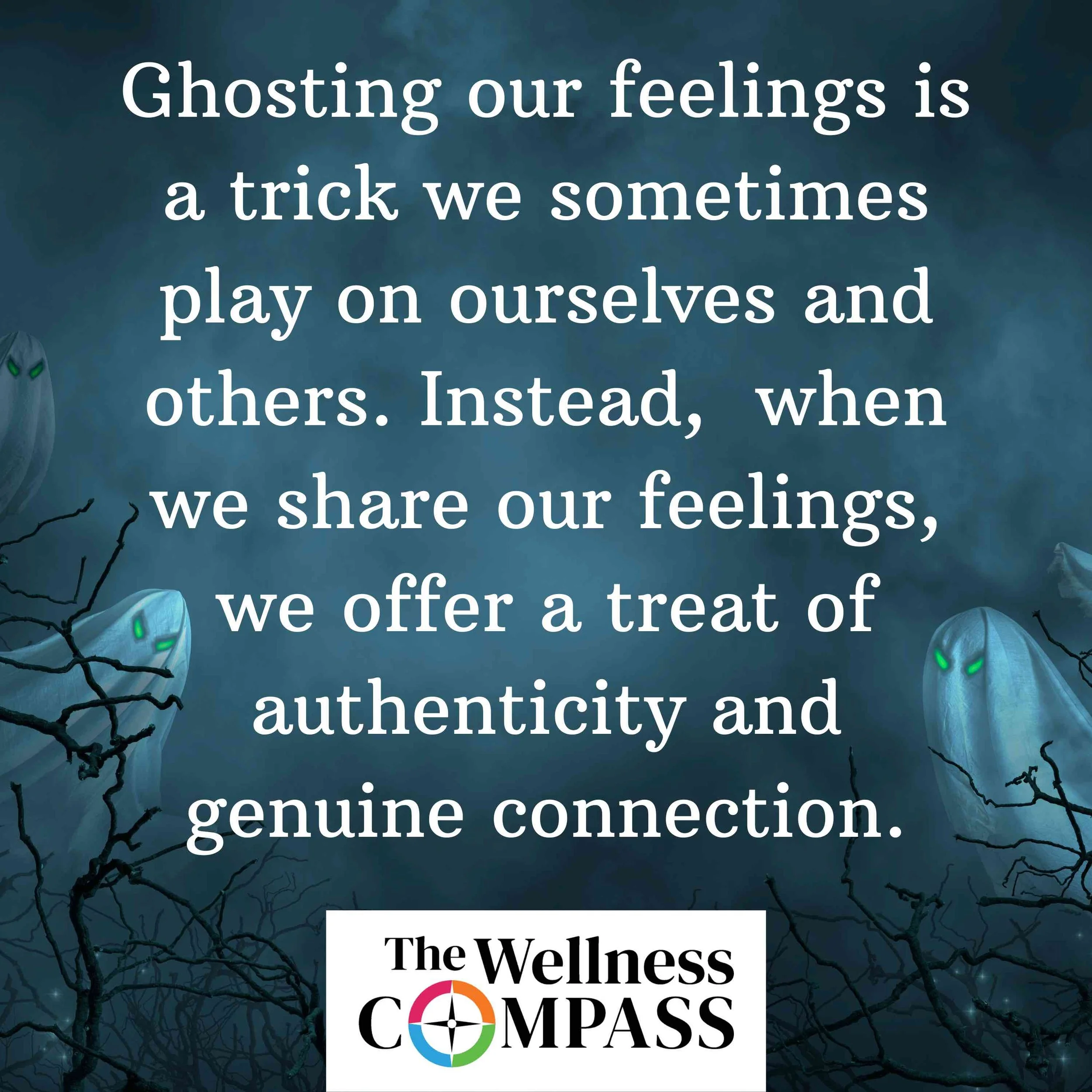Love Is Greater than Fear
The Wellness Compass Initiative is our partner community wellness initative that serves schools, counseling centers, nonprofits, and other community wellness organizations. Each week Holly Hughes Stoner and Scott Stoner co- write a column for Wellness Compass and we are pleased to share it here on our Living Compass site. There is also a Wellness Compass podcast at www.wellnesscompass.org/podcast.
We love to spend time in the wilderness, as we love the quiet and spiritual nourishment we receive by being in nature.
Several years ago, we were canoeing in Quetico Provincial Park in Ontario, Canada, a remote park accessible only by canoe. We remember well an experience we had one stormy day. Having awoken early, we were deciding whether it was safe to spend the day on the water, as the sky was dark. Holly thought we should stay where we were on shore rather than brave it. Scott thought it made sense to take off and try to get to the next lake, a mile away, before the storm arrived, as we had to do it soon to meet our outfitter on schedule. After a brief discussion and with no cell service to check the weather, we decided to take off, hoping for the best. We loaded the canoe with all our packs and took off across the very large lake.
A half-hour later, we were in the middle of the lake, and a strong thunderstorm suddenly arose. We were at least fifteen minutes from the closest shore when Scott noticed that the storm had come up behind us. The sky became increasingly dark in the next few minutes, the wind whipped around us, and the temperature dropped. Soon, there was lightning in the distance, and we both knew the last place we wanted to be at that moment was sitting in a canoe in the middle of that large body of water. Needless to say, we were overwhelmed with fear.
So what did we do? We did what any two people would do in such a situation. We began to argue right there in the middle of the lake! The argument started when Holly raised her voice over the wind, yelling, "I told you there was a chance of a storm and that we shouldn't have come out here today!" Soon the shouting went back and forth, with Scott asking and directing, "Why aren't you paddling harder?" "Don't paddle on the left, paddle on the right!" And then we began to frantically debate about which point of land to head towards.
After a few minutes of futile arguing, we agreed to stop talking and focus instead on safely getting to the nearest shore. Fortunately, a while later, when we were safe on shore and calmed down, we realized we had not really been mad at each other. Instead, the approaching storm had scared us both so much that we had begun to turn against each other in our fear. The storm was the "problem," and yet, in the midst of our anxiety, we had temporarily perceived each other as the "problem."
We have had the opportunity to lead many family and parent classes and retreats over the years, and we often share this story. Frequently, it is one of the things people say they remember most from our time together. They have often shared with us later that it was so helpful to realize that when they were in conflict and turning against each other that the real issue was usually not either person but the complex problem they were facing. When they realized this, they could choose to work together to face the situation as a team rather than continue to blame one another.
We close with the quote from Aldous Huxley in the photo above, which nicely summarizes what we have written.
"Love casts our fear:
but conversely fear casts out love.
And not only love.
Fear also casts out intelligence,
casts out goodness,
casts out all thought of beauty and truth."
You can listen to our companion podcast Wellness Compass at www.wellnesscompass.org/podcast or in any podcast app.
Subscribe Now to Weekly Words of Wellness:
Click the button below to signup for the e-mail version of Weekly Words of Wellness. This weekly article can be shared with your community electronically and/or used for group discussion.
You can unsubscribe at any time.




